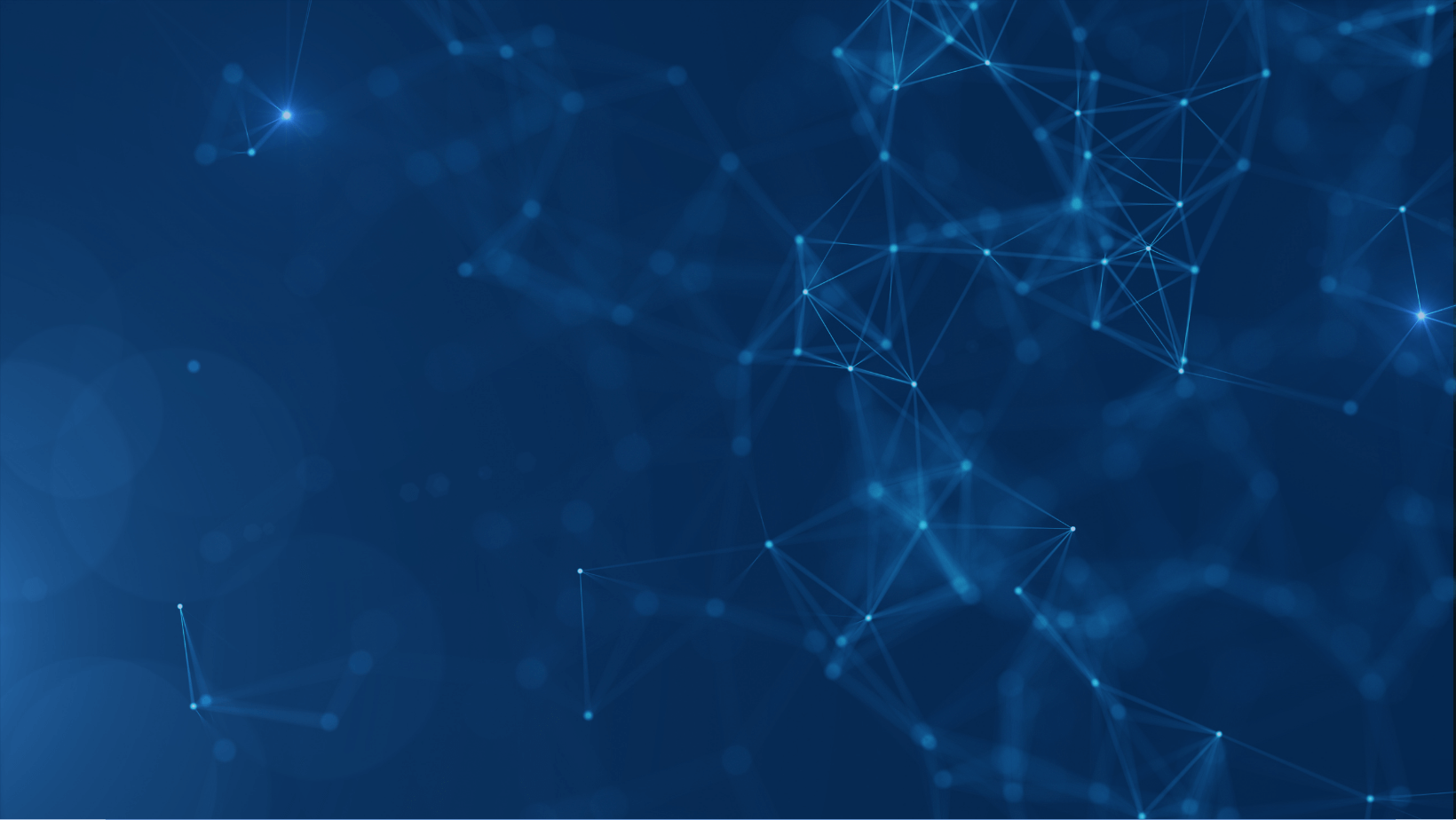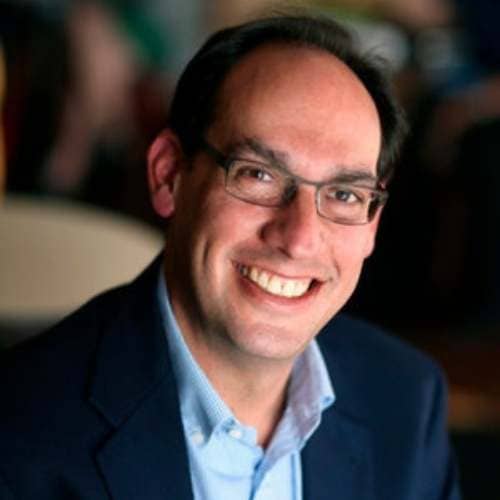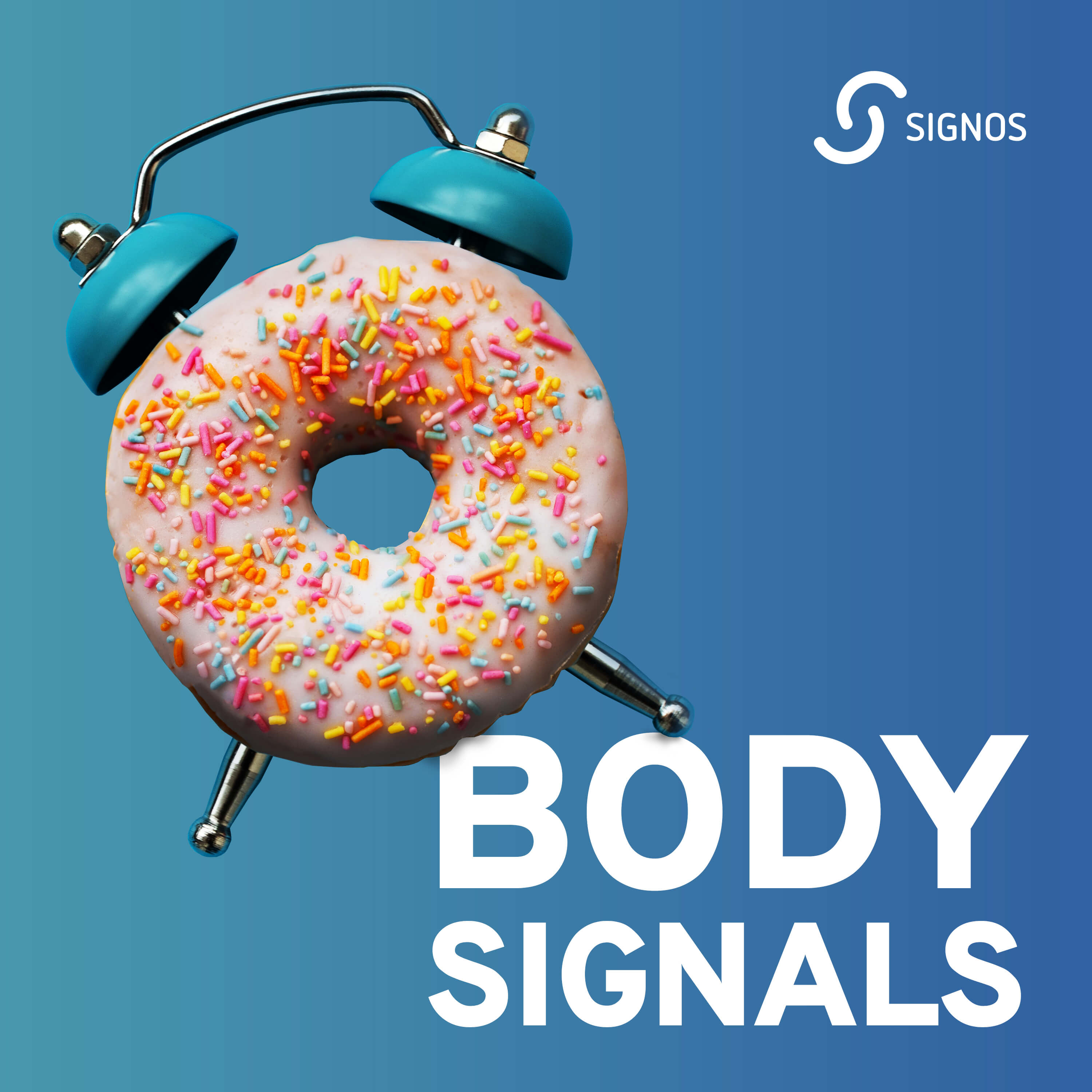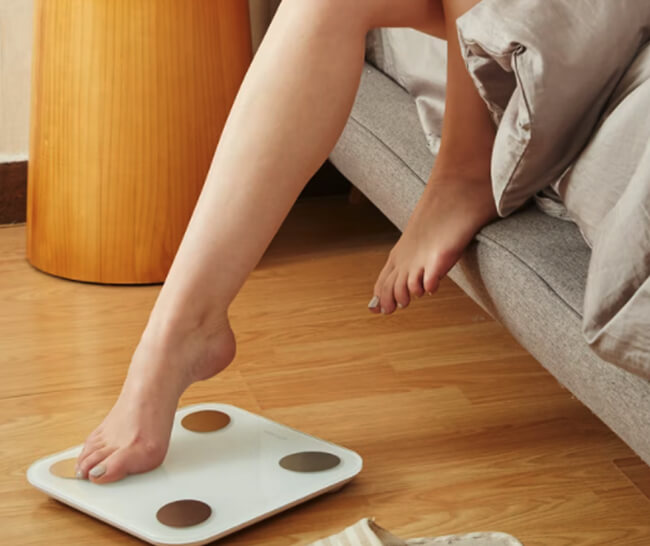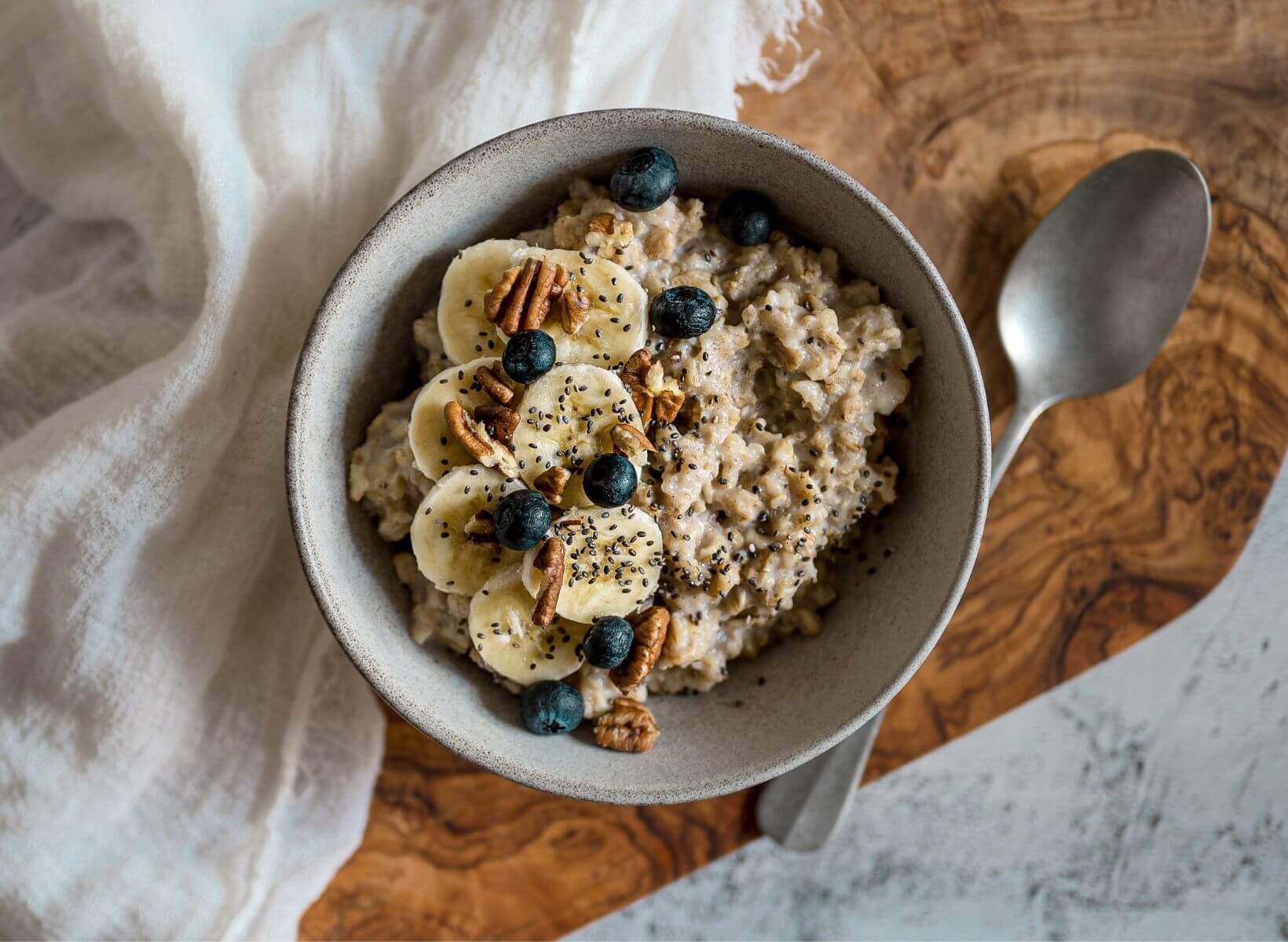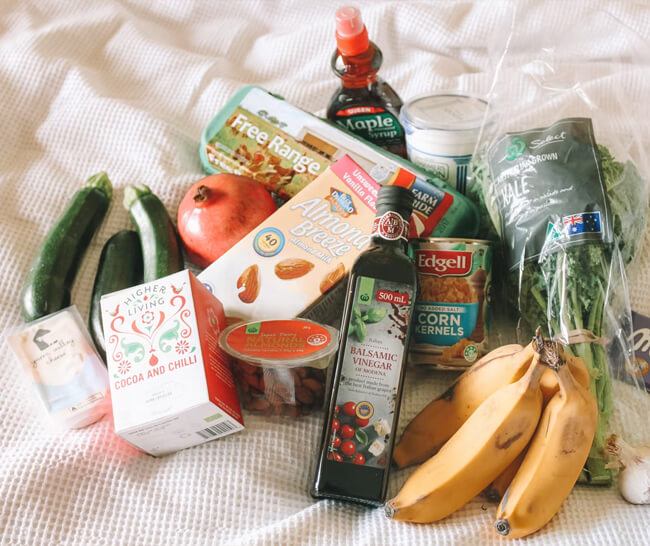Fireside Chat with Signos Co-founder Dr. William Dixon (Clinical Assistant Professor at Stanford School of Medicine and practicing emergency medicine physician) and Signos CDS Bill Tancer. During this chat Dr. Dixon and Bill discuss why William was drawn to medicine, how he got involved with Signos, and why preventative care is key.
Full Transcript:
Bill Tancer 0:05
Welcome to Body Signals, a Signos podcast. I'm your host Bill Tancer, and today we have a fireside chat with Signos co-founder, Dr. William Dixon. Our monthly AMA with Dr. Dixon is all about answering the questions you have about your own weight loss journey. If you have any questions you'd like to have answered on future shows, please email them to ama@signos.com and please don't forget to like and subscribe to this podcast. As a reminder Dr. Dixon's opinions and statements on this show are for educational purposes only, and do not represent the opinion of his employers. They do not constitute medical advice, and no doctor-patient relationship is established by his participation in the show. Should you have questions about your own health or modifications to your diet and exercise regimen, you should consult with your physician.
On today's episode, we'll be doing a fireside chat with Dr. Dixon covering the questions we get about Signos and the science behind what we do. He'll be joining us regularly for our AMA or “ask me anything” episodes. If you have any questions you want us to ask Dr. Dixon for future shows, you can email us at ama@signos.com. That's AMA at signos signos.com. So a little bit about Dr. Dixon. He did his undergraduate at Princeton in molecular biology, went to medical school, University of North Carolina-Chapel Hill. He's a co-founder here at Signos as well as a clinical assistant professor of Emergency Medicine at Stanford University School of Medicine. Dr. Dixon, welcome to the show.
Dr. William Dixon 1:42
Thanks so much. Happy to be here.
Bill Tancer 1:44
We are so happy to have you. I have a first question for you. It's something I tend to ask doctors whenever I meet them, which is how they decided on their specialty. So you went into emergency medicine? How did you end up in deciding on emergency medicine?
Dr. William Dixon 2:01
Yeah, it's an interesting question. And certainly it didn't happen overnight. But when I first started my career in medicine, one of the things that I did was get an emergency, like an EMT, basic training. And I always enjoyed seeing patients right when they first showed up - when they're first sick, or first trying to decide what is going on with them. And I think the diagnostic journey that each patient can have, is what I really enjoy about emergency medicine. So the first part would be the patients that I find the most interesting and that I think I can help the most, you know? It's anytime you go to the emergency department. For most people it's one of the worst days of their lives, right, or at least worst day of the week. And I like being the person on the other side of that, helping them navigate how stressful and difficult that can be. So that's the first thing - is it's interesting patients and patients that I can really feel like I can help. The second thing is the team that you work with. So a lot of med school is just putting your foot in a bunch of different rings and seeing where it fits.
And I found that the teamwork that comes with it working in an emergency department, as an emergency physician is just something that I never saw replicated elsewhere in terms of their camaraderie and how well we get to know each other. And when a patient comes in, near dead and you have a whole team that's completely dedicated and working in perfect sync to save this person's life, it's an experience like no other. So that's the other reason.
Bill Tancer 3:43
I imagine it's gotta be pretty stressful.
Dr. William Dixon 3:45
During shifts, yeah. But between shifts I get to go home and relax, which is nice.
Bill Tancer 3:55
We're going to be talking about blood sugar later, but I've noticed that stressful situations cause my blood sugar to go up. I wonder if you've ever noticed in a stressful situation in the ER if your blood sugar spiked?
Dr. William Dixon 4:09
I definitely have noticed that. So one is there is a cortisol release and epinephrine, which naturally causes some glucose to get released in case you're running away from a lion or something.
But I've seen that on shift as well. Some shifts where I'm particularly nervous, or I know I'm going to be in the trauma bay a lot, I've actually seen my sugar go up. So even as I'm arriving to work, I also see my sugar go up, because there's always candy strewn about everywhere and lots of cookies and stuff around or donuts. So I see my sugar going up for those reasons too. But definitely.
Bill Tancer 4:53
We're going to get into candies, cookies, and doughnuts later. But before we do, I wanted to ask you from the Emergency Medicine - thanks for the explanation as to how you got there - but I'm also interested in how you got interested in helping patients with weight loss and patients that had diabetes.
Dr. William Dixon 5:11
Sure, I think there's two parts to that as well. The first is, before I went to med school, I spent a couple years working at a community health clinic. And one of the jobs I did there was helping the doctors take care of patients who had chronic diseases - so people who were overweight, or who had diabetes, or high blood pressure. I just got a firsthand look at how hard it is to help people manage those diseases and how much is beyond their control in terms of the socio economic factors of chronic disease.
But then also how rewarding it was when people really were able to take control of their health and get a lot of improvement. As I continued through medical school, I thought strongly about doing primary care or family medicine, actually, in lieu of emergency medicine. Because of that reason that you spend a lot of time working with patients with chronic disease. I had this dream of having my own clinic and a gym next door where I would go work out with all my patients, and we all get healthy together. But in terms of the day to day life, I just happen to enjoy emergency medicine more. But I've always had that in the back of my head. That's something I wanted to work on. And second - I find the science of behavior change fascinating as well.
Bill Tancer 5:52
So I want to ask you about how you got involved with Signos. But before I do, I realize that there might be some people listening that don't know about Signos. Signos is a data-driven weight loss platform that uses individual glucose and metabolic signals to recommend personalized meals and exercises to transform the weight loss journey. So that’s Signos, but Doc, I’m curious how you become involved with the company?
Dr. William Dixon 6:22
Sharam and I have been friends for a while. When he reached out to me to speak about starting Signos, I was immediately on board with the concept- in fact it’s already something I had been thinking about because a friend had used a CGM to great success for weight loss. This could be the difference maker for so many of the people I saw in the community clinic earlier on in my career and then now in practice. So I was excited to help start the company because the idea of reducing the obesity epidemic and helping people with self-efficacy around weight loss in a proactive way really appealed to me.
Bill Tancer 7:04
Yes I’d agree, using CGMs for this purpose for weight loss is a new and totally exciting application of this technology.
Dr. William Dixon 7:13
Yeah, I've definitely come a long way in terms of understanding the science behind it. One of the difficult things about medical education is that there's only so much time for content in medical school. And then a lot of it transitions into how do you be a doctor. And not necessarily some of the knowledge that goes into it. So, medical school - you learn a ton, but it's also just the beginning of any kind of journey into medical knowledge. So over the last few years, I've spent a lot more time learning more about nutrition and metabolism. And I really didn't have a great understanding of the precursors to pre-diabetes and diabetes. But there's a lot of things that you can actually find out about someone based on their glucose data before they even begin to be overweight, or obese, or even before they begin to be diagnosed as pre-diabetic or diabetic. And those are things that's where you want to start intervening and helping people change their behavior so they don't end up going down that spiral of gaining weight and then having difficulty controlling their sugars.
Bill Tancer 8:24
How does balancing your blood sugar really work, to help you lose weight?
Dr. William Dixon 8:30
So I think something that's instructional is that at a given time and for the average person - and for scientific purposes, of course, that means 70 kilogram male, although we know not everyone is like that. But that's what science uses as the average person - has about four grams of glucose circulating in your blood at any given time. And you use that as energy, generally. But if you were to eat a Snickers bar, that's 25 grams of glucose for example, or soda - 30 grams of glucose. And that sugar is a big stressor on our system. So you have pretty, pretty robust ways of fighting that sugar, both starting in your intestines, and then also from your pancreas, which releases insulin, which helps you take that sugar and put it into all your cells to use as energy or to store as fat. You can only use some amount of sugar as energy before you start storing it as fat. And that's where this process comes. If you can prevent those sugar spikes from going too high and releasing too much insulin, then you can start to prevent yourself from putting on weight. And then, if your glucose levels are on the lower side, then your insulin levels start to go down. Your body senses that and starts to burn fat as the secondary energy source. So if you can keep your sugar levels lower, then you use less insulin or you have less insulin spikes. And then you start to burn fat as energy instead of glucose. So that's the idea behind it. It's one of the bigger breakthroughs. And something that I didn't necessarily recognize until I started learning about this more is that again, as I mentioned, even if you are not diabetic or pre-diabetic, you will still have unpredictable and high glucose spikes in response to different foods. For example, I had a spike to 203 days ago. And that was pretty surprising to me. Because it was from a meal that I didn't consider to be particularly unhealthy. And so I learned a lot from that, that probably six pounds of teriyaki sauce is not the right thing to add to noodles and vegetables. I could have been a lot less generous with the sauteeing I was doing.
Bill Tancer 10:59
But yes, sauces tend to be the big surprise, right? I found myself that a lot of sugar is hidden in a variety of sauces.
Dr. William Dixon 11:06
And then the noodles is a nice carbohydrate vehicle. Yeah, that doesn't help. So it was an okay meal. But I had some other homemade food yesterday that was a lot more delicious. And my sugars actually went down because it was vegetables and spices. And that was even with some ice cream at the end of it.
Bill Tancer 11:29
I want to talk a lot about food. But before we continue the food conversation. Just a simple question about CGM - continuous glucose monitors. I mentioned them, some people listening may not know what they are. Maybe you could just give us a primer on what CGMs are and how they work.
Dr. William Dixon 11:47
They're medical devices. You apply them to your skin, and then it puts a micro filament into your skin. And that can track what your interstitial glucose is. And the interstitial is this little fluid area in between the cells where some electrolytes are stored as well. Your interstitial glucose layer is pretty analogous to your blood glucose. So it takes the place of doing finger sticks, which probably a lot of people have seen diabetics do or if you go to the doctor's office, and they prick your finger and they check that sugar. But even if you were the most diligent finger glucose checker, you'd only be doing it maybe 1020 times a day, whereas the continuous glucose monitor is taking data points every minute or every few minutes and then allowing you to track that so we know exactly when your sugar starts to go up. And when it peaks and when it starts to go down. And then we can help you look back and try to figure out what could have been causing those differences. For example, I can start exercising and I can see the sugar start to go down because my body starts to use it as energy. Or I can eat and soon thereafter, depending on what I eat, I can see it start to go up. And I can go, "Oh, this is going to be a big spike. I should probably get out and go for a walk or do some push ups or something."
Bill Tancer 13:17
I think that continuous piece is really important. I've done some finger sticks to try and measure my body's response to food. And let's say I do a stick an hour out and two hours out, I might have had a big spike that happens somewhere in there that I didn't catch within those two measurements. But by having those continuous measurements show up every five minutes in our app, you're going to see when you actually spike. And so that's one of the big advantages.
Dr. William Dixon 13:46
Yeah, if you're just checking in at a predetermined time, you can be on the way up, you can be on the way down, you could have already completely missed it. It's hard to know, and especially with how your body's digestion works, the more complicated the meal is, the longer it takes for you to fully digest it. So it's a lot harder to know, when you should even be checking.
Bill Tancer 14:11
So one question I love to ask people that are wearing CGMs is what their biggest surprise was when they put their first CGM on because everyone's got that aha moment. I think you already mentioned one - you went up to 200 just the other day. But if you could remember back to when you first put one on, what were some of the big surprises?
{{mid-cta}}
Dr. William Dixon 14:13
So I think the first one was that I've never been a person who thought that how I was feeling could have been correlated to my body sugar. I thought that as a healthy person with normal glucose metabolism, or what I thought was normal glucose metabolism, that I would be in pretty much the normal range all the time. But the second day, when I did the glucose test and drank a bunch of sugar water, I spiked up to 180. Despite a full night of sleep, I immediately was the most tired I've been and I had to take a nap at 11am! Fortunately, I wasn't on shift or anything. So just that, seeing how quickly I was feeling actually related to glucose, was interesting to me.
The second thing for me was that I learned a lot about how my shift work has actually been pretty deleterious to my health, and that's a known thing. In terms of research showing that people who work night shifts or who do shift work have a tougher time losing weight and are more at risk for gaining weight. And for me, personally, I do a lot of evening shifts. So I finish up around 11 or midnight, and then I'll have a couple yogurts and soy milk, or sometimes some ice cream or whatever is lying around at home. Or, you know, if I've had a particularly tough shift, I can go home and watch TV for an hour and eat some pretzels or something. And then my sugar will be high all night. And I don't necessarily need that food, right? It's comfort food, but it caused an outsized effect because I was eating late and it was always snack food. And that ended up with me having high sugar all night, which then would plummet down to normal range right before I woke up. So a lot of people will check their morning fasting glucose as a sign of how they've been doing all night. And for me, it would be in the 90 range, which is fine. But it really had been up at like 130 for parts of the night, which is obviously out of range.
Bill Tancer 16:41
So again, if you're doing those finger sticks, you would have never known that and you would have thought, "Hey, I'm completely normal. I've got a BGL - blood glucose level - of 80 or 90 in the morning." And not knowing that you are 130 the whole night.
Dr. William Dixon 16:54
Unless someone was, while I was asleep, sneaking in and checking my finger when I wake you up!
Bill Tancer 17:03
If someone showed up in your ER and told you they hadn't eaten for several hours and you did a finger stick and a blood glucose check and it was 130, what would you think? Do you think this person might be like pre-diabetic or diabetic?
Dr. William Dixon 17:19
Consider having that conversation? I mean, sure goes on for a lot of reasons. One of them being stress. And stress is something that's the currency in the emergency department for everyone that's there. But I would certainly mention it that their glucose was higher than I would have expected.
Bill Tancer 17:39
I know you and I are both interested in the behavioral aspects of this and one of the things that I found is the continuous nature of these readings really does a couple things. It gives you that continuous feedback loop so you can understand what might be causing you to gain weight. It also provides some accountability too. Have you experienced the same thing as you've been monitoring your glucose levels?
Dr. William Dixon 18:04
Yeah, absolutely. So I think weight is such a blunt instrument of body health. And BMI - people criticize it for being not very accurate - but on a population scale, it is definitely true, right? You could be in great shape and have a BMI of 27. If you're very muscular, for example. But if you're trying to lose weight, looking at your weight every day, you can't tell why you might have gone up or down. It might be some water weight, it might be a big meal you had, over time you can track trends. But on a day to day basis, you're not going to be losing so much weight that you feel like you've necessarily done something really positive in the last day. So a lot of that is hard to keep up. Especially if you start to plateau, then people fall back to their old habits. The nice thing about continuous glucose monitors and being able to watch your sugar all the time is that you always have something that you can hit in terms of targets. You can always bring your spikes down, you can always try to get your fasting glucose lower. And that's honestly really fun. Like yesterday, I had a spike - it told me I was going to spike to 155. I was like, I don't want that. I'm blaming that on a chai tea latte with 25 grams of sugar, right? So I was like, well I don't want that. I am going to do some exercise right now, even though I just ate breakfast. And I cranked out a 20 minute HIIT cardio thing. And I blocked my glucose spike by almost 20 points from what was predicted to what I ended up doing. And I got my workout for the day, right? Like, I didn't need to think about it, I just “Oh, sugar is going up time to work out.” And then you know, I feel great.
Bill Tancer 19:57
Yeah, I've noticed the same thing. And I also am excited about these little small micro changes that you can make to your diet that end up giving you that advantage and losing weight. And one of my own experiences pre-Signos is I used to, especially this time of year, go to the grocery store and get these Sumo oranges. They're really sweet. They're big, I'd eat like four or five of these things a day. And so after putting on the CGM, and looking at the signos app, I noticed that every time I had one, I'd go up to 150-160. And I was doing those spikes as I snacked throughout the day. And you'd think that's a really healthy thing to do is eat more fruit. That's what my doctor always says is eat more fruits and vegetables, one of the main nutritional pieces of advice I get when I go to the doctor's office. But there are some smart decisions you can make about what fruit and vegetables to eat. I think you sent around an article that I read about raspberries and that's become my new go to snack. I've stopped buying those Sumo oranges. I still have one every week or so. But I’m not buying them in bulk and eating five a day. But having like just some raspberries as a snack I find doesn't do anything to my blood sugar at all. So that little change. And that's just one of 20-30 changes I've made to my diet that has caused dramatic weight loss. It's been pretty exciting.
Dr. William Dixon 21:24
I'm smiling over here, I'm trying not to laugh to interrupt you, but I have like 10, Satsuma oranges sitting in my lap, and I have not eaten any of them because I just know exactly what's going to happen. Yeah, I mean, those are specifically bred by humans to be as delicious as possible, right? Is sugar from fruit better than sugar from candy bar? I don't know, probably not. I think that's still kind of up near a little bit.
Bill Tancer 21:53
There was some fiber in there. So there's that.
Dr. William Dixon 21:55
Yeah, which might prevent the sugar spike a little bit. But sugar is still going to cause your insulin to go up. So all things being equal, if you like raspberries, and then maybe even a little shaved dark chocolate on there, as much as you like Suma, all things being equal, why not have something that's not going to make your sugar go up?
Bill Tancer 22:19
Yeah, absolutely. It is fascinating. You know, the other thing that fascinates me about using the signos app, I think this is another article - you send an awful lot of articles for me to read actually.
Dr. William Dixon 22:37
It is wild how much research people are doing across the globe.
Bill Tancer 22:42
I think for me, one of the most exciting things I read that you sent me - it was a while ago - in cell magazine. It was a study that was done out of the Weitzman Institute about personal responses to foods and how they differ from individual to individual. So I think in that study, they found that people's microbiomes are different and so they had shown that someone could have pizza and ice cream, and might spike from the pizza but not the ice cream and another individual might be the opposite, they would completely spike from the ice cream and not from the pizza. And what was exciting about that was that everyone doesn't respond the same. And maybe that's a reason why diets don't work very well. And that there's no one rule you can give somebody in terms of losing weight when everyone responds differently to different foods. And now we finally have a technology where we can see our personal responses and that's pretty empowering, pretty exciting.
Dr. William Dixon 23:48
I think that's very well said, most diets work for some people, right? Otherwise, no one would do them. If there was a diet where all you did was eat pizza and ice cream, but you gained 20 pounds. It's not a diet, right? It's not a diet in the conventional sense of the word “diet” in terms of transforming, it's helping you lose weight. But a lot of diets don't work for a lot of people as well. And that's super frustrating because people see their friends doing keto and losing a bunch of weight or following a very strict Mediterranean diet and losing weight, and then not having the same results. And microbiome, genetics, all of that plays into it. But really the outcome that a lot of these studies actually end up measuring is glucose response and insulin sensitivity as an outcome of how the diet is making your body respond to the foods. And so yeah, like you said, for the first time, there's an accessible way of looking at that response. And then not only looking at it, but manipulating it in real time, which is just such a cool tool.
Bill Tancer 24:59
So we've talked a lot about what you and I think you've mentioned, stress and sleep. What other factors do you think are the most important in terms of leveling your blood glucose?
Dr. William Dixon 25:13
So I think one thing is exercise for sure. So there's a lot of good studies that show that small bouts of exercise throughout the day can increase your insulin sensitivity, so that your body has to release a lower amount of insulin to get the same effect. And then also that if you exercise as your sugar starts to go up, you can bring that down because your body is again thinking, “oh man, I'm running from a lion, I better use this glucose as energy right now, instead of storing it as fat.” So being able to trigger when and how much I exercise has been really, really beneficial for my glucose levels.
I think the other thing is how I compose my meals. I always try to have some green vegetables. If I just have a little bit of broccoli while I'm cooking, and then I have my main meal afterwards, eating some green vegetables before is shown to dampen the glucose response. Or at least trying to make sure I'm eating mixed meals. And then I think the third thing is, really trying to stop snacking. Snacking is almost always just carbs and sugar. And at a time when your body is meant to be fasting, the human body is used to only a few insulin spikes a day. This ready accessibility of food is something that's not part of our evolutionary chain. Humans fasted for a long time, historically, and so cutting down on my fasting, not necessarily even intermittent fasting. I came down on my snacking, not even necessarily intermittent fasting, but just being a lot more mindful of actually, “am I eating because I'm hungry, or am I eating because I'm bored, and I want to try something?” And then if I do want to eat a bag of pretzels or chips or 20 cookies, which I have definitely done during this knowing that I'm going to need to work out. Instead of working from home on days where I’m off from the hospital has made this possible, but on days when I want to have that and I will plan to have that, I'll do that before exercise. And I've actually found that I am better at exercising after that. Like I have this sugar that's floating around that, that I can use right away. And that's when people talk about carb loading before doing marathons. it's been super fun to play with honestly.
Bill Tancer 27:40
Yeah, you said so many things I want to dive into because it's really so exciting. One of the things that was fascinating to me was doing a bout of exercise, and really not that intense of an exercise, but doing it right after eating when I know I'm supposed to spike based on what I eat. And then I see my blood sugar doesn't spike at all. So, you know, maybe I get on my rowing machine and I do 15-20 minutes at 50 to 60% of max heart rate after eating a croissant. And I know that croissant alone, I'm going up to like 187-190. With exercise, I might hit 110. So what's actually happening there is my body burning the glucose circulating in my bloodstream, that then doesn't get eventually stored as fat.
Dr. William Dixon 28:35
Your body doesn’t necessarily want to store fat, it's the last option. First, it sends as much to your brain as it needs, and your brain uses ton of glucose, for obvious reasons. Then you put some into your skeletal muscles, and you put some into your liver. And then what's leftover is what ends up getting stored. I think I sent you the study yesterday that they actually looked at blood flow to skeletal muscles, after a high carb high sugar meal. It's decreased because your body is in that rest and digest, I just want to deal with the big carb load I just had. But exercising beats that. You're going to open up both of your muscles, you need that oxygen flowing there, you need the energy flowing there. And you're going to take that glucose that you just ate and put it to good use.
Bill Tancer 29:26
And so doing that, and getting the timing right is another huge advantage and losing weight. Because knowing when you're going to spike how much you're going to spike based on your past experience of eating those foods, you can time that exercise just right to eliminate that spike, which is so cool. But there's other things you said that I want to just dive into a little bit more. One thing that I found was so powerful is you mentioned emotional eating, and I'm a big snacker. I'm constantly going and eating things. And I think it's mostly when I'm either stressed or bored. And since I've started using Signos, what I do is I look at that blood glucose graph. And I use it as a fuel gauge, like you have in a car - empty and full. And if I'm not, you know, five to 10 points away from my fasting blood glucose, I question “why am I going to get a snack right now, because I've got fuel in my system.” It's not like I'm going to pass out if I don't eat. I found doing that breaks the emotional connection that I have with food or wanting to eat just because I'm stressed or bored or some other reason that it's caused a paradigm shift in how I think about food. I now think about food as fuel, versus food as comfort, food as love, food as something to do when you have nothing else to do.
Dr. William Dixon 30:57
Food is definitely still all of those things too, right? Like, there's plenty of meals where I'm like, “I don't care where my spike is going to be. I'm just gonna go for it.” And sometimes I'm pleasantly surprised that odd spikes are bad. And sometimes I'm on it, you know, I'm not surprised at all. And I know that that was pretty bad. But again, it's an aggregation. Like, you can't be perfect every day. And a lot of diets assume that right? Like as soon as you fall into keto, you're out of keto. But you don't need to be perfect every day, if you're making lots of smaller decisions about what you're eating, and how you're behaving, that you get to see how it affected you right away. And there's not a lot about weight loss that results in positive feedback. It's a hard thing. And if the only thing you're tracking is your weight on a scale, it's going to be hard. But being able to make these decisions are so empowering to see that you are not spiking or that you beat your spike by some amount because you did some exercise. It's just really cool.
Bill Tancer 32:12
It is and I'm glad you mentioned falling off the wagon. Because a lot of times for people that's when their diet ends when they fall off the wagon, they just then completely abandon whatever diet they've chosen. I think this is a good point to make, which is using Signos isn't really a diet, it's about making lifestyle changes, lifelong lifestyle changes, because you're going to learn what foods work for you what doesn't, what exercise does, in terms of helping you. How sleep is important for your blood glucose. So I think all that combined is very important. And it's important to make that point that what we do is very different than just a simple diet that you can follow for a few months and expect to lose some weight. What we found over and over again, especially this time of year on New Year's, is that diets are often abandoned and people fall into a yoyo effect and just end up gaining more weight.
Dr. William Dixon 33:13
Exactly.
Bill Tancer 33:14
Right, doc! Well, any closing thoughts, any other things that you think we haven't touched on?
Dr. William Dixon 33:20
There are a couple we haven't touched on, but I'll leave some of those questions to be done in a future time. I'm just excited to see what kind of things our members come up with, what cool stories they have and experiences they have. And I can't wait to find out how people are using our system.
Bill Tancer 33:38
Awesome! Thanks, Dr. Dixon. And for our listeners if you have any questions you want to pose to Dr. Dixon again, email us at ama@signos.com.
- Item 1
- Item 2
- item 3

